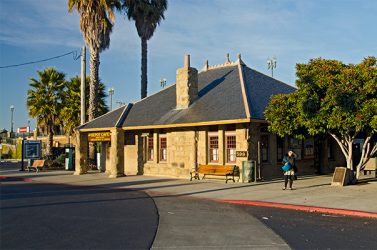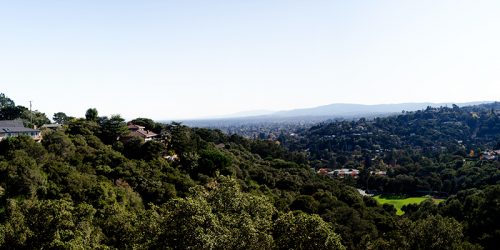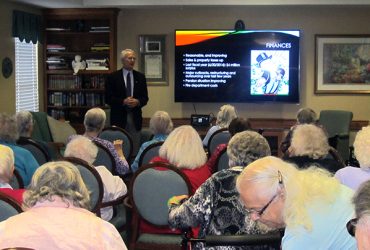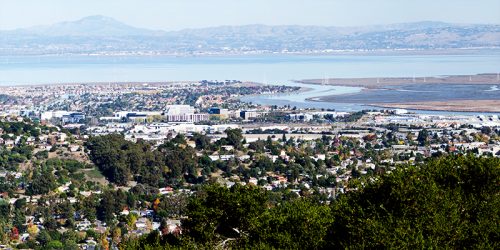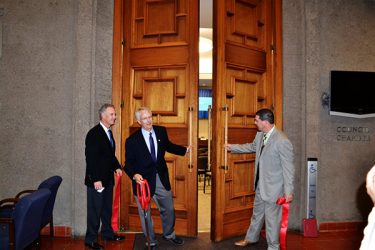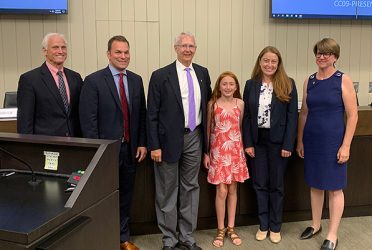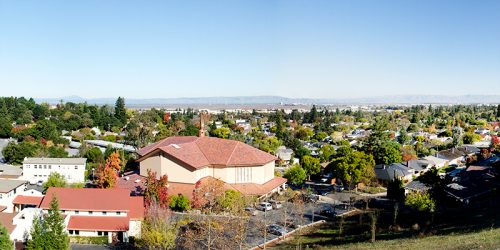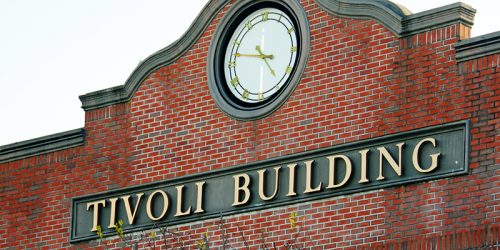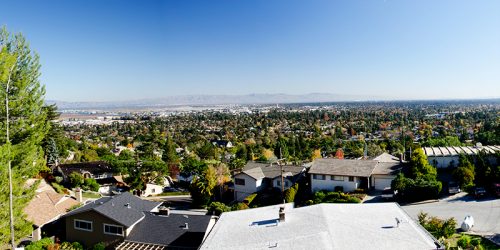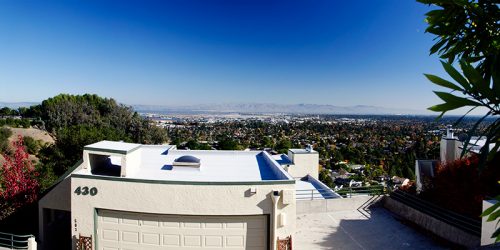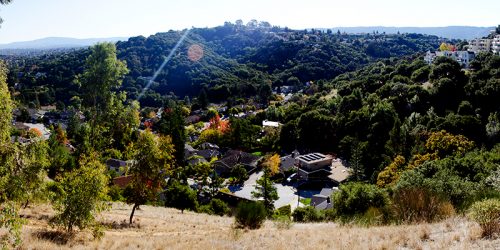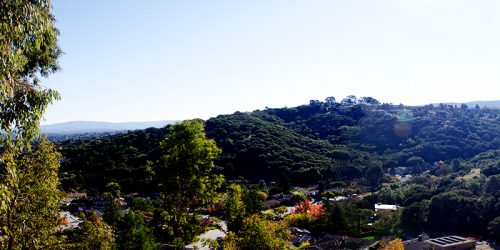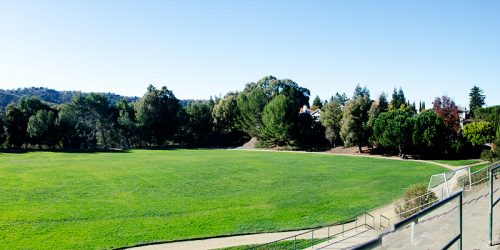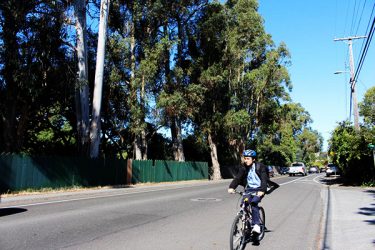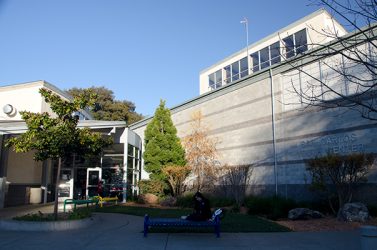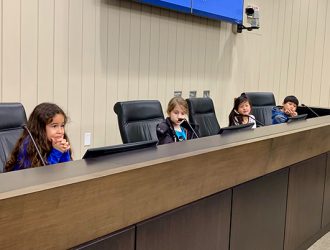This was published as an op ed in the January 24, 2022. edition of the San Mateo Daily Journal.
It’s surprising people are congratulating the San Carlos City Council, on which I used to serve, for standing up to Sacramento “usurping” local control over housing policy.
They’re ignoring where that authority comes from: the people of California, through their Legislature. It is not an inherent right of local communities. When our state government, seeking to serve all Californians, decides a change is needed local communities must obey. Always subject to challenge in court and through statewide ballot initiatives, of course.
But it also misses some more important truths.
We benefit from being part of larger communities than the one we live in. The residents of Hillsborough and Atherton would starve to death and have their homes fall apart if they couldn’t purchase food, goods, and services from businesses they do not allow within their city limits. Homes in every Peninsula community would be worth a fraction of what they are without our vibrant, dynamic regional economy.
Local government has little incentive to encourage more housing even though the people powering our economy must live somewhere. Homes only generate a fraction of the cost of serving their occupants. In San Carlos, the median single-family home contributes less than $1,000 annually in property taxes to a city budget currently running at about $3,600 per household. That alone drives communities to pursue commercial development.
Which most do, grabbing almost every commercial development opportunity coming their way. It insulates them from raising taxes – inflation affects everyone, including cities – and gives their leadership more money to do things residents like – important if, as a council member, you want to get re-elected. What could be wrong with that?
Well, for one thing, it strains our transit infrastructure. It’s not just the number of people living here which clogs our highways during rush hour. The further away people are forced to live from their jobs, the more road capacity they consume because they’re on the highways longer.
It also raises labor costs, challenging local businesses. Most people in lower-paying or entry-level jobs are better off migrating to less expensive communities, even if it means getting paid less. So, wages, and prices, must rise in areas without enough housing. Or people must cut costs by living with their parents, or sharing living spaces, worsening parking problems and local traffic.
Sacramento tries to address this jobs/housing imbalance by requiring communities to enact policies supporting the development of enough housing to meet the demand they are creating. Only here’s the curious thing: little of that housing has been built in many years. And what little does get built tends to target households in higher income brackets.
Many civic leaders are quick to defend themselves by saying “we just set the rules, we don’t build the housing”. That misses the point: why isn’t the housing being built? What about the policies keeps them from encouraging more housing?
Here’s a big part of the answer: those policies often ignore economic realities (not surprising; few civic leaders are well-versed in market capitalism). Private developers aren’t in business to solve housing shortages. They exist to make money. When local policies – parking requirements, constraints on where denser housing can be built, etc. – make it less economically attractive to build housing the average person can afford, something else – luxury housing, commercial projects, whatever – gets built instead.
Recent moves by the Legislature to address the housing crisis, like SB9, are the result of the long-term failure of most local communities to solve a problem they created themselves. Local communities want the tax revenue associated with commercial activity…but not the people who make it possible. They’re better off grabbing as much commercial development as they can while foisting the need for housing off on someone, anyone else.
It’s a great scheme…in the short run. Unfortunately, it’s time to pay the piper. Which we can do by getting more housing average people can afford built. Or by letting the regional economy stagnate and decline as businesses move elsewhere.
I know which choice I prefer. My single-family home’s value grows because of our vibrant regional economy. And I know economics is not a zero-sum game: I can improve my overall situation by allowing others to improve theirs. I just have to keep myself open to change, remembering it provides more opportunities than challenges.
But more importantly, I don’t like exploiting other people whose economic situation is less than mine. And that’s exactly what many local communities are still doing. Shame on them, and shame on us for allowing it.
